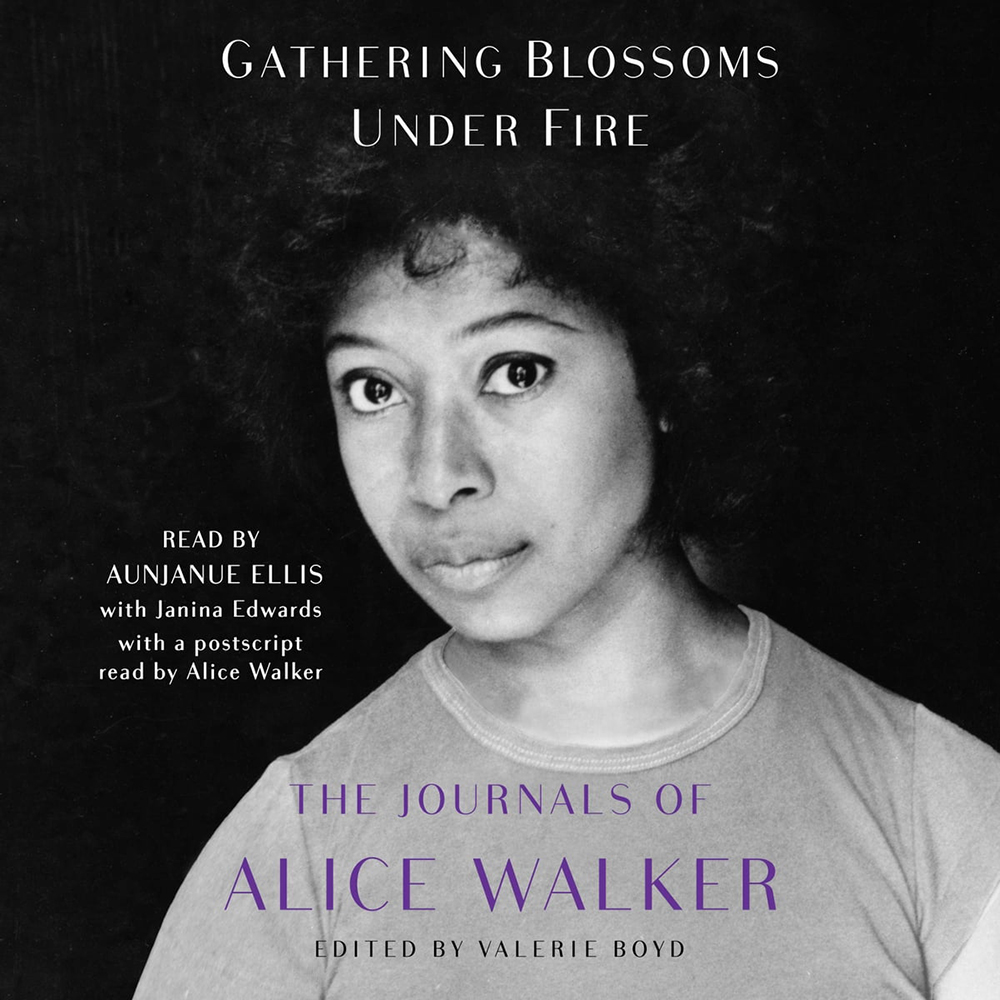Two of the weepiest BookPage editors share a few of their favorite 2022 audiobooks, read masterfully by the authors, that deliver all the emotion.
★ Inciting Joy
For readers invested in learning more about communities of care—informal collectives centered on the praxis of love—Ross Gay’s sixth book, Inciting Joy (Hachette Audio, 8.5 hours), is essential. The poet and essayist reads his own book in a comforting, softly gravelly voice, inviting us to consider not only joy but also every emotion around it, including sorrow and rage. Such wholeness is a matter of survival, Gay urges, and to allow for it is an elemental act of care both for ourselves and the people we love.
—Cat, Deputy Editor
★ In Love
What a gift it is when writers transform their sorrow into art. In Love (5 hours), Amy Bloom’s memoir of her marriage, is just such a gift. The book moves back and forth between her initial years of boisterous happiness with her husband, Brian, and later, Brian’s diagnosis of early-onset Alzheimer’s disease.
As Bloom narrates the process of helping Brian seek a medically assisted suicide before his mental faculties had fully declined, you can feel the urgency bound up with the author’s grief. The prose is restrained, creating a sturdy foundation for the memoir’s emotional heft. Likewise, Bloom’s narration is simple and even-keeled, except for small cracks in her voice during the narrative’s most harrowing moments. In Love shows, more powerfully than any other memoir this year, that love and grief are two sides of the same coin.
—Christy, Associate Editor
I’m Glad My Mom Died
Before her confessional memoir became an instant bestseller, Jennette McCurdy was best known for her role as a child star in Nickelodeon’s “iCarly.” In I’m Glad My Mom Died (Simon & Schuster Audio, 6.5 hours), she offers an honest look at how her mom coerced her into entering the acting world at only 6 years old—and how this was only one of many deeply damaging manipulations. As McCurdy unpacks years of childhood abuse, her narration moves along at quite a clip—at several points, I double-checked to make sure I wasn’t playing the book at 1.5 speed—but is still crystal clear. This swift pacing brings an almost upbeat, childlike (and thus, profoundly heartbreaking) spirit to the telling. It also makes the moments when she slows down to conjure the volatile voices of her mother and other characters all the more crushing.
—Cat, Deputy Editor




































